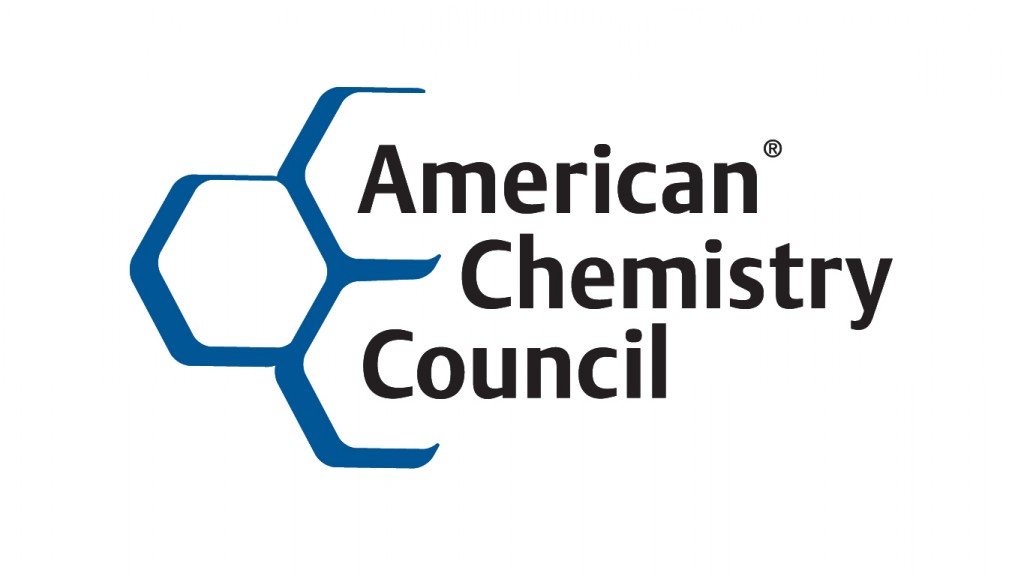There has been much written about the importance of natural gas to the members of the Michigan Chemistry Council. Natural gas heats and powers homes, generates electricity, and is even used to create fertilizer, plastics, pharmaceuticals, dyes, and detergents, among a litany of everyday products consumers rely on. There are two recent studies that illustrate the benefits of expanding our region’s access to natural gas through the construction of midstream infrastructure.
Jeffrey Guilfoyle, a vice president of Public Sector Consultants (PSC), recently appeared before the Michigan House of Representatives Committee on Energy to present an economic impact study on oil and natural gas in Michigan. The report, titled “Michigan’s Oil and Natural Gas Industry: Economic Contribution,” details the positive effects that the development of our state’s natural resources have generated.
According to the PSC report, oil and gas were produced in 62 of Michigan’s 83 counties in 2014.This resulted in a total of 114,950 million cubic feet of gas to be used by businesses and homes throughout the Midwest. Further, in 2015, the energy industry had a tremendously positive effect on Michigan’s economy, creating 47,105 jobs, generating $2.8 billion in labor income, and overall producing $13.6 billion in economic output.
All residents of Michigan benefit from energy production. In 2015 taxes generated from the oil and gas industry amounted to $60.3 million in severance taxes, $145.7 million in sales taxes, $160.1 million in local property taxes, and $53.4 million in income tax. These funds go on to bolster our state’s infrastructure and schools,
Additionally, the National Association of Manufacturers (NAM) recently published “Energizing Manufacturing: Natural Gas and Economic Growth.” Conducted in partnership with IHS Economics, the report illustrates the positive effects that natural gas and the construction of natural gas infrastructure have had on the manufacturing industry.
Michigan is home to a diverse manufacturing sector that includes many of the members of the MCC. As those companies can attest, it is an energy-intensive industry, and access to affordable energy is critical to these companies’ success. The NAM study lists Michigan among other states that are reliant on the natural gas pipeline system to receive much needed inputs.
Nationally, expanded natural gas energy access helped support 1.9 million jobs in 2015. The average payment to an American family in the form of energy savings was $1,337. Nationwide, new pipeline construction lead to 347,000 jobs, 60,000 in manufacturing. Due to increasing access to energy goods like NG, IHS expects energy-intensive industries such as chemicals, metals, food and refining to outperform the U.S. economy as a whole through 2025.
IHS expects predicts demand for natural gas products to grow 42% through 2020. One project that can meet that growing demand here in Michigan is the Rover Pipeline, a project that will transport domestically-produced natural gas to Ohio, West Virginia, and Michigan. The Rover Pipeline would create 1,000 – 1,500 construction jobs in Michigan, $8.7 million in sales tax revenue, and $6 million in ad valorem taxes. This project illustrates many of the benefits detailed by the aforementioned studies.
These two studies illustrate just a few of the many ways in which natural gas and energy infrastructure bolster Michigan’s economy and our manufacturers. For these reasons, the MCC supports the responsible construction of natural gas pipelines like Rover, and encourages federal regulators to conduct a timely review of these projects in order to expedite the realization of their many positive impacts.

